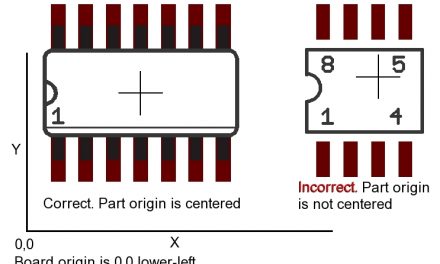Novel Coronavirus Outbreak Impacts Electronics Supply Chain
The Wuhan outbreak of Novel coronavirus (2019-nCoV) has thrown a curveball to the electronics industry business community and analysts are busy trying to understand the impact. Ron Keith posted this LinkedIn article on 1-28-20.
“Unlike SARS, the novel Wuhan Coronavirus’ epicenter is far from the massive cluster of electronic component and equipment manufacturers in the Pearl River Delta of southern China. But what Shenzhen is to electronics in China, Wuhan is to the auto industry. Today more than 400 strategically important auto plants, component plants, steel plants, and specialty manufacturers are shut down in Wuhan and the surrounding area. It is unclear when these plants will restart production,” Keith explained.
The World Health Organization (WHO) declared the Wuhan outbreak of the coronavirus to be a ‘public health emergency of global concern’ today, but has expressed confidence in the way the Chinese have handled the initial stages of the outbreak. The WHO has so labeled five previous health emergencies in the past 10 years, and one of those (polio) is still active.
While the virus has infected nearly 8000 people globally, all but about 80 have been in China. All of the deaths have been in China so far. The virus causes pneumonia, which is difficult to treat. The state of the patient’s immune system is the determining factor in recovery. The speed with which the disease has spread has alarmed officials: already the number of infections have surpassed the total number infected during the 9-month SARS outbreak in 2003.

Whether the health impact continues to worsen or not, confining millions of healthy Chinese professionals to their homes will undoubtedly have a negative impact on the Chinese economy, if not the global one. Over 45 million Chinese citizens are currently under quarantine. It’s an unprecedented and almost unimaginable state of affairs. Social media has provided needed respite for bored young people, denied their holiday family visits and confined to their homes for weeks. One computer science major shared pictures of his efforts to teach his cat statistics. The live feed of two hospitals being built is watched by millions, who give cement mixers cute names. Whatever else happens, the Chinese economy will have a very bad first quarter.
Bottom line: assuming the outbreak is contained in a reasonable time, it seems unlikely this will be the black swan event that causes a global recession, but it will probably delay the robust recovery many were predicting for Q1 2020 in the electronics industry.
The ECIA has compiled a list of links to information about the supply chain impact.
This link contains live updates on the spread of the virus from Johns Hopkins
The Importance of Wuhan
The epicenter of the coronavirus outbreak is considered a “central hub for transport and industry“ in China with the Yangtze river going across it, three railway stations and an airport.
• A major automobile, electronics, optics and fiber optics production location.
• 230 of the Fortune 500 companies have investment in the area.
• Of about 2,000 cities in China with factories and other facilities in Bloomberg’s supply chain database, the city ranks 13th, with about 500 facilities. The province of Hubei has 1,016, making it seventh of 32 such jurisdictions.
• U.S.-based companies have 44 facilities there, and European ones about 40, the data show. Many plants are in the auto and transportation industries, and big names include PepsiCo Inc. and Siemens AG.












